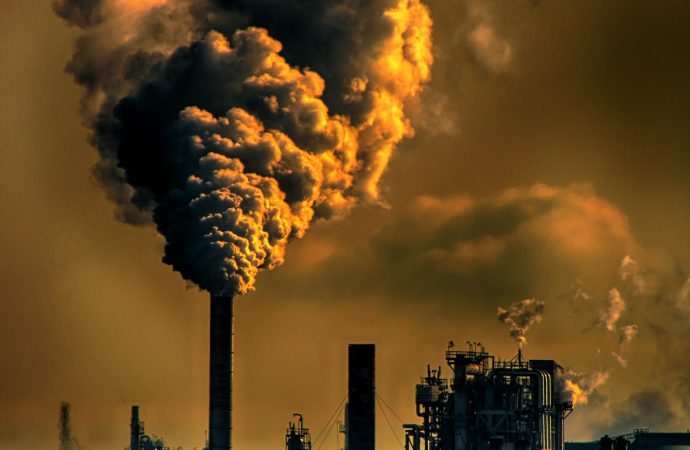In a recent announcement, the Ukrainian government has raised concerns that gas flows from Russia through Ukraine could come to a halt as early as next year. This development has significant implications for both Ukraine and Europe, as the country serves as a crucial transit route for Russian gas supplies. The Ukrainian authorities have
In a recent announcement, the Ukrainian government has raised concerns that gas flows from Russia through Ukraine could come to a halt as early as next year. This development has significant implications for both Ukraine and Europe, as the country serves as a crucial transit route for Russian gas supplies.
The Ukrainian authorities have cited the expiration of the current gas transit agreement between Ukraine and Russia as the primary reason for this potential disruption. The agreement, which was brokered in 2019, is set to expire at the end of 2024. Negotiations for a new agreement have been ongoing, but progress has been slow, leading to growing uncertainty about the future of gas transit.
Ukraine has long been a key transit country for Russian gas, with pipelines running through its territory supplying Europe with a significant portion of its energy needs. Any disruption in gas flows could have severe consequences for both Ukraine’s economy and Europe’s energy security.
The Ukrainian government has expressed its concerns over Russia’s increasing focus on alternative gas routes, such as the Nord Stream 2 pipeline, which bypasses Ukraine and directly supplies gas to Germany. This has raised fears that Russia may reduce or even completely halt gas flows through Ukraine in favor of these alternative routes.
While Russia has not yet responded to Ukraine’s claims, this development highlights the complex geopolitical dynamics surrounding energy supply in the region. It also underscores the need for Europe to diversify its energy sources and strengthen its energy infrastructure to mitigate potential disruptions.
As this story continues to unfold, it is crucial for journalists to closely monitor the negotiations between Ukraine and Russia and provide accurate and timely updates to the public. The potential halt of gas flows through Ukraine could have far-reaching consequences, and it is essential to keep the public informed about the latest developments.
Journalistic Ethics:
In reporting on this issue, it is important to adhere to journalistic ethics, including the principles of accuracy, fairness, and impartiality. Journalists should strive to verify information from multiple sources and present a balanced view of the situation. It is also crucial to provide context and background information to help readers understand the complexities of the issue.
Research Techniques:
To verify information and uncover sources, journalists can utilize various research techniques. These may include conducting interviews with relevant stakeholders, analyzing official statements and documents, consulting experts in the field, and monitoring international energy markets. Fact-checking and cross-referencing information from reliable sources are also essential to ensure accurate reporting.
In conclusion, the potential halt of gas flows from Russia through Ukraine next year, as claimed by Kyiv, raises significant concerns for both Ukraine and Europe. Journalists must closely follow the developments surrounding the gas transit negotiations and provide accurate and timely updates to the public, adhering to journalistic ethics and employing rigorous research techniques.

















Leave a Comment
Your email address will not be published. Required fields are marked with *